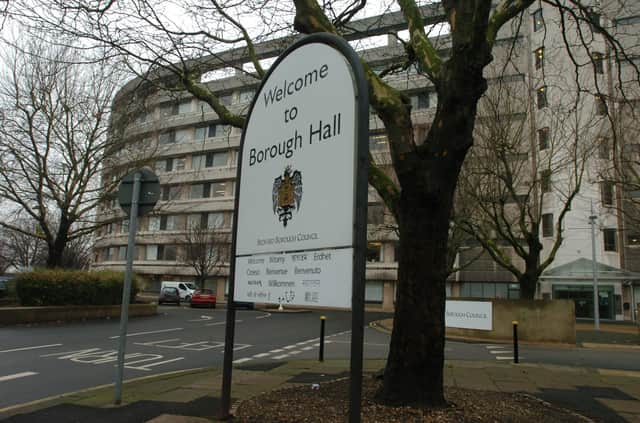Climate scorecards show Bedford council is 'below average' in work to achieve net zero


Bedford Borough Council needs to “step up” its action to reach net zero, climate campaigners have claimed.
But the council said it missed out on a higher score by not publishing all of its “good work” in tackling the climate emergency.
Advertisement
Advertisement
Climate Emergency UK used 91 questions on climate action to assess all the UK councils on their progress towards net zero. The group said their questions covered every function of a local authority.
The results, called Council Climate Action Scorecards, found that Bedford Borough Council with 27 per cent scored below the national average of 32 per cent.
Luton Borough Council also scored 27 per cent, while Central Bedfordshire Council was awarded 38 per cent.
A Climate Emergency UK spokesperson said: “Our Scorecards show that Bedford Borough Council, like many UK councils, can do more to tackle climate change and reduce emissions from their whole area.
Advertisement
Advertisement
“We believe the Scorecards can be a useful tool for the council as it highlights UK councils best practice on climate action, across every function of a local authority.
“We hope the Scorecards prove useful for the council and inspires greater climate action so Bedford borough scores higher in the next iteration of the Scorecards.”
In response, a Bedford Borough Council spokesperson said: “The energy team are actively contesting some of the scores with the Climate Emergency UK as we do not feel that they reflect accurately on the council.
“For example, the council was scored 0 on efficiency of council housing but as we do not have any this should not then negatively impact our score.
Advertisement
Advertisement
“Other information which was provided during the Right To Reply period does not appear to have been used and again the council is scored inaccurately for some areas because of this.
“This is clearly a disappointing score and we will continue to work to identify areas for improvement.
“A key factor of the scorecard was that the answers were evidence based, using publically [sic] available information. So we missed out on achieving scoring where we have not published some of our good work or have not written it into strategies or policies that have been shared publicly,” they said.